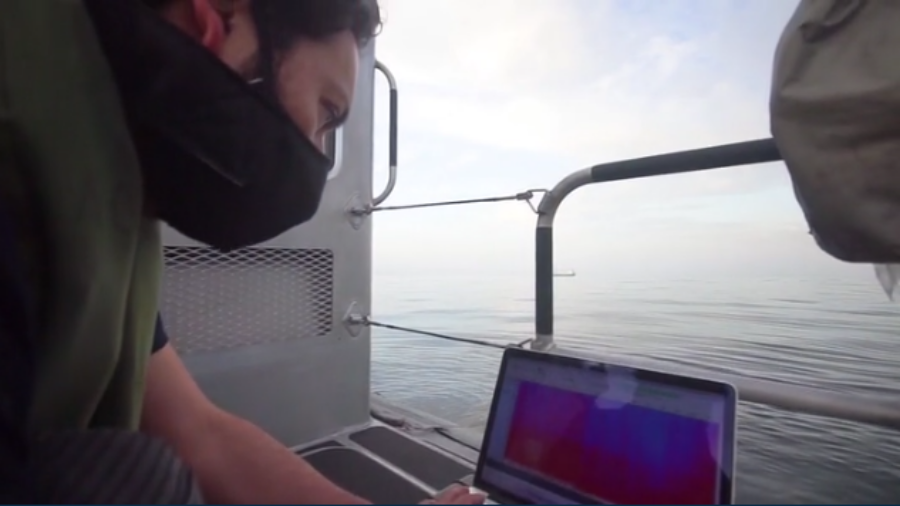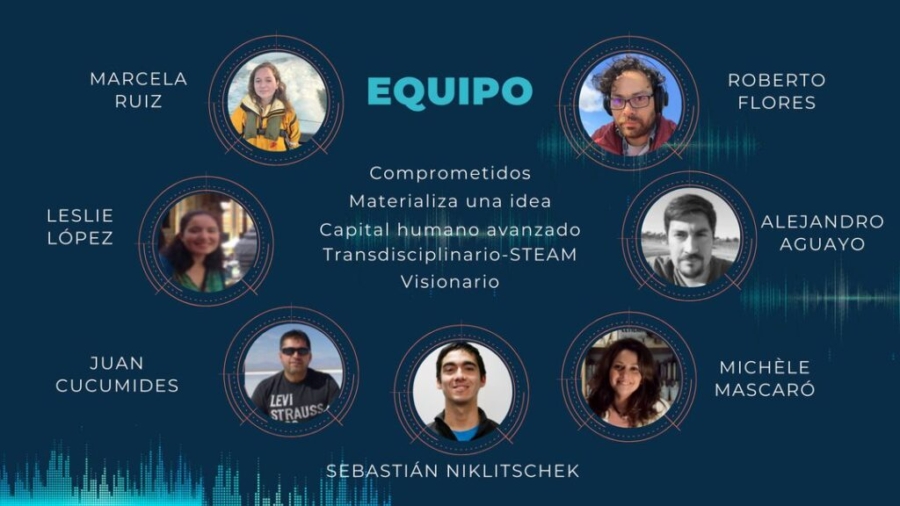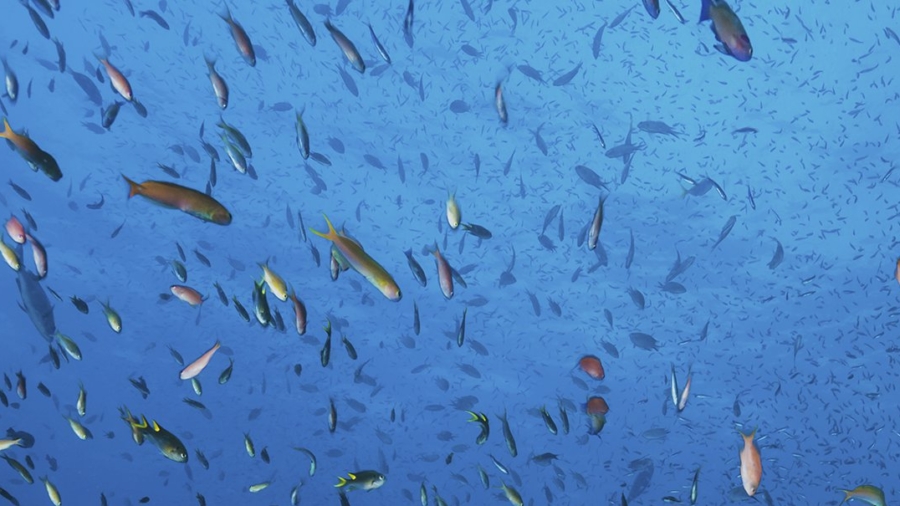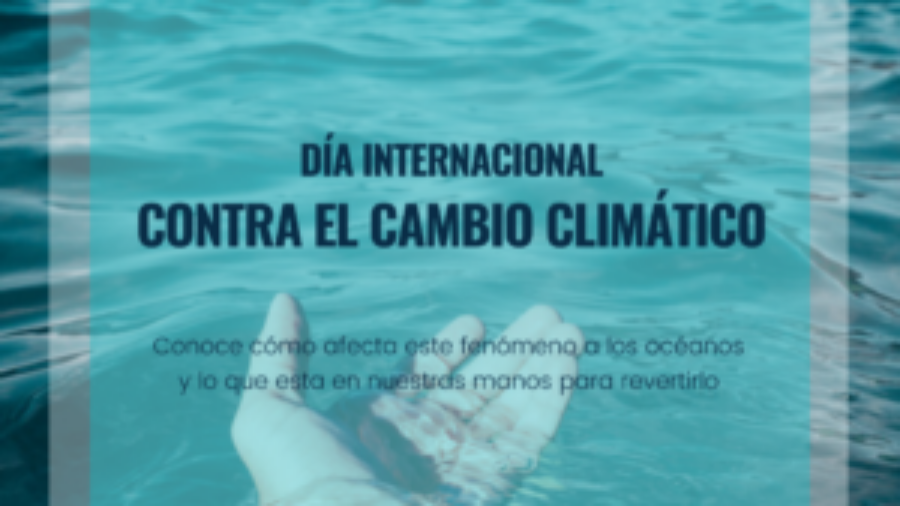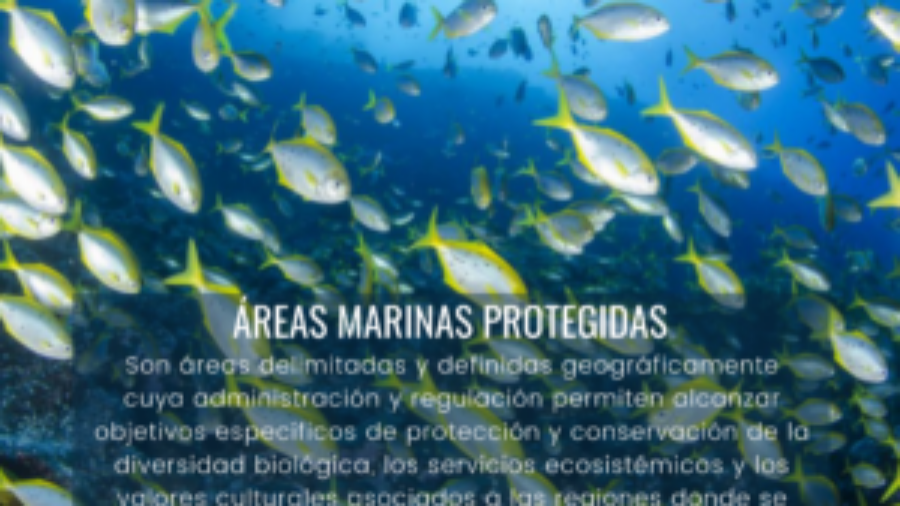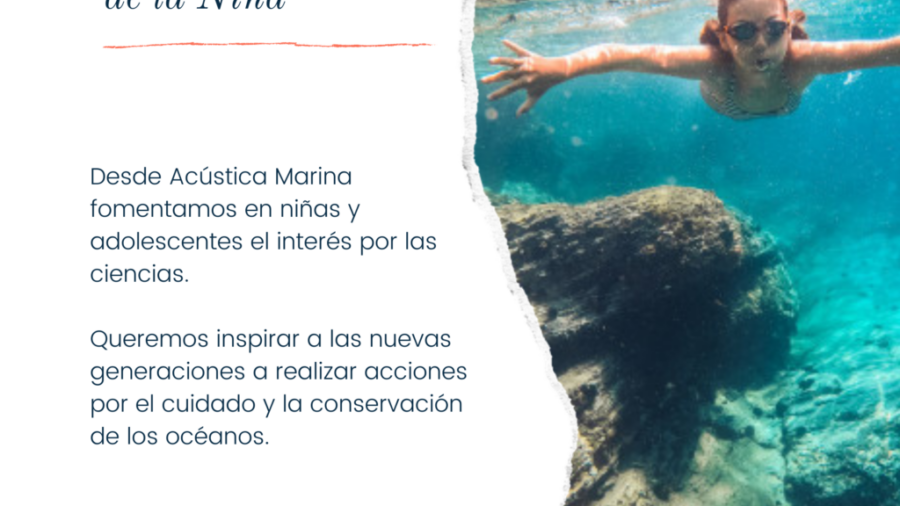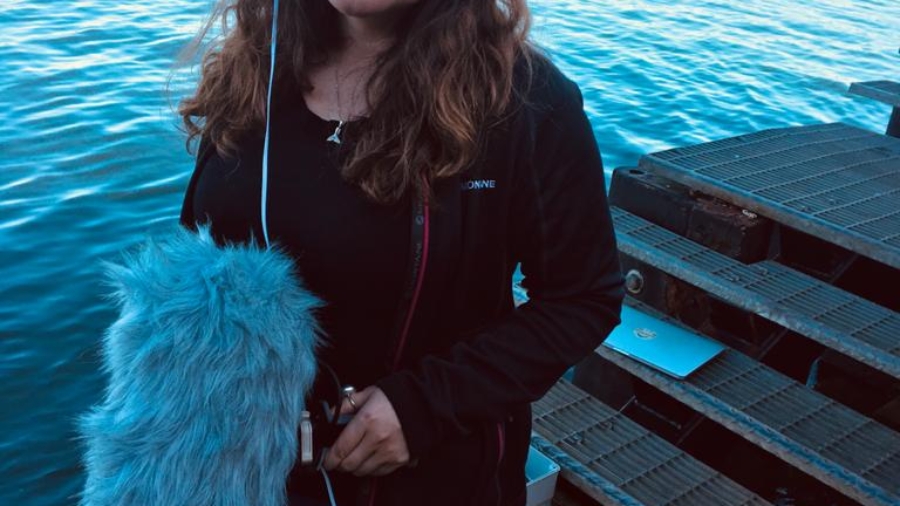Acústica Marina Among the Nine Finalists of the Avante Challenge
The Acústica Marina team has been selected as one of the nine finalists in the Avante Challenge 2020, an open call for multidisciplinary teams to present innovative technological solutions to institutional challenges with military and civilian applications.
The challenge was organized by the Chilean Navy, in collaboration with Know Hub Chile and Fundación Athenalab, receiving 39 national applications in its first edition.
The Acústica Marina team for the Avante Challenge is transdisciplinary, integrating Science, Technology, Engineering, Arts, and Mathematics (STEAM) and is led by marine biologist Marcela Ruiz.
30 Countries Join the Global Ocean Alliance
With the goal of ensuring that by 2030 at least 30% of the planet’s ocean is conserved through marine protected areas, this initiative, promoted by the United Kingdom, is part of the @UnitedNations Convention on #Biodiversity.
The #GlobalOceanAlliance brings together governments, international organizations, civil society groups, and private sector entities to mobilize resources and expertise to address threats affecting ocean health, sustainability, and productivity.
Our country is part of this coalition. At #AcústicaMarina, we celebrate and promote the creation of strategic alliances among stakeholders from various fields to foster joint and multidisciplinary efforts, enabling the development of projects and the implementation of actions for the conservation, care, and protection of the ocean.
International Day Against Climate Change
A day dedicated to informing, educating, and raising awareness about the effects of climate change.
At #AcústicaMarina, we highlight the consequences of #climatechange on the oceans and invite everyone to take individual and collective action to reverse its impact. The future of our oceans and our planet is in our hands.
Researchers, scientists worldwide, and specialized @UnitedNations agencies have warned that rising ocean temperatures, acidification, pollution, and unsustainable use of marine resources have devastating effects on marine ecosystems.
The melting of Arctic sea ice, coral bleaching, and species migration are some of the consequences of climate change that are significantly altering marine biodiversity, which could severely impact global fisheries and aquaculture.
Some of the measures and recommendations from the #UNEnvironment Program @unep_es @unep to mitigate climate change’s impact on our oceans include:
- Keeping global warming below 2ºC, aiming for 1.5ºC as outlined in the #ParisAgreement.
- Implementing strong measures to stop overfishing and illegal fishing to prevent and reduce marine pollution.
- Increasing investment in research to expand scientific knowledge in these areas.
First Celebration of Protected Areas Day in Latin America and the Caribbean
This year marks the first celebration of Protected Areas Day in Latin America and the Caribbean (AP LAC), under the theme “Celebrating Protected and Conserved Areas for Well-Being!”
“Protected areas are considered the most effective mechanism for biodiversity conservation. Their contributions to humanity are numerous and essential, including pollination services, medicinal plants, agrobiodiversity, sources for marine species production and recolonization, genetic banks, clean water sources, reefs, mangroves, and wetlands for coastal protection. These areas can be terrestrial, marine, coastal-marine, private, public, communal, or mixed,” according to the AP AC Guide. @celebracion_areasprotegidas
In Chile, we have four types of Marine Protected Areas, “Marine parks and marine reserves, which are entirely aquatic, and nature sanctuaries and multiple-use marine and coastal protected areas, which may include land portions.” @subpescacl
While significant progress has been made in our country with the implementation of important projects for marine ecosystem protection, greater awareness and social commitment are still needed to contribute to this goal.
At Acústica Marina, we encourage participation in the various actions undertaken by organizations, specialized centers, and international entities. We must work together to protect these critical areas that contribute to the well-being of all humanity.
Learn more about our marine protected areas:
International Day of the Girl
The International Day of the Girl is an opportunity to amplify their voices and recognize their role as drivers of change. We join the campaign by the @UnitedNations, @UNICEF, and @UNWomen, “My Voice, Our Common Future,” to promote girls’ right to participate in all areas of society.
Our organization is committed to supporting and collaborating with girls and adolescents interested in #STEAM fields, particularly in acoustics and marine sciences.
https://www.instagram.com/p/CGNQ45Vswie/?utm_source=ig_embed
Marcela Ruiz: “If the Ocean’s Health is at Risk, So Is Ours”
Marcela Ruiz is a Marine Biologist from the Universidad Austral de Chile and holds a Master’s degree in Strategic Management and Project Evaluation. With over eight years of experience in productive development and strategic management, she previously served as the Development and Innovation Manager at Clean Energy. She is currently the Director of Acústica Marina, a hydroacoustic technology company led by women and headquartered in Valdivia.
In this new “Women of the Sea” interview, we learned more about her journey, motivations, and challenges in leading a company that develops technological solutions for environmental issues.
Why Should We Be Concerned About Acoustic Pollution in the Ocean?
Any type of pollution—whether on land, in the atmosphere, or in water—should concern us because it disrupts ecosystems. Regarding acoustic pollution in the ocean, it is particularly alarming because it masks the biological sounds that many species rely on for communication. Cetaceans, one of the most studied groups in this regard, are heavily affected, but smaller marine fauna, such as invertebrates, also suffer.
If marine life is unhealthy, the health of our seas and oceans is at risk, which in turn threatens our own well-being in the medium and long term. We must remember the essential role these bodies of water play in our planet’s sustainability.
How Can Monitoring Ocean Sounds Help Conservation?
Measuring sound pressure levels allows us to establish regulatory frameworks that define how much acoustic energy human-made sources can emit and what levels are tolerable. This highlights the importance of a globally traceable data monitoring system, using calibrated equipment to ensure accurate measurements.
Additionally, making these data open and accessible is crucial for researchers, regulators, and other stakeholders. This is the present and future we are moving toward. Our approach is to work with cutting-edge technology that enables real-time data analysis while adhering to international traceability standards.

